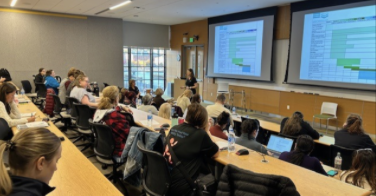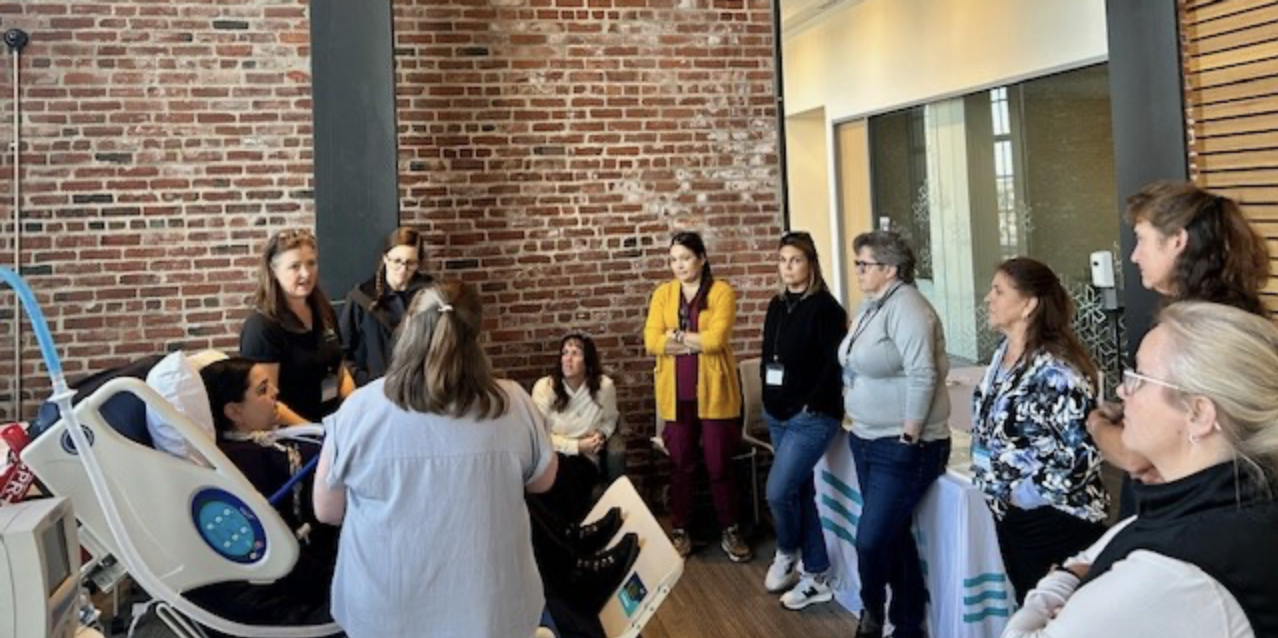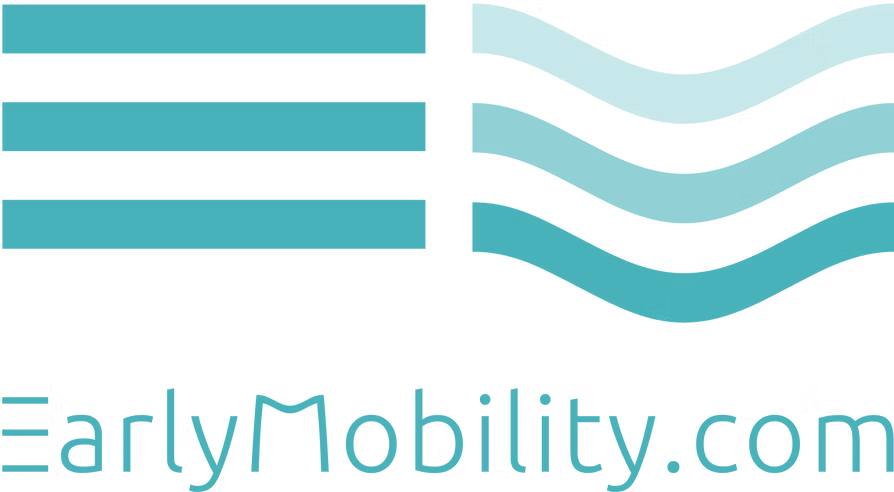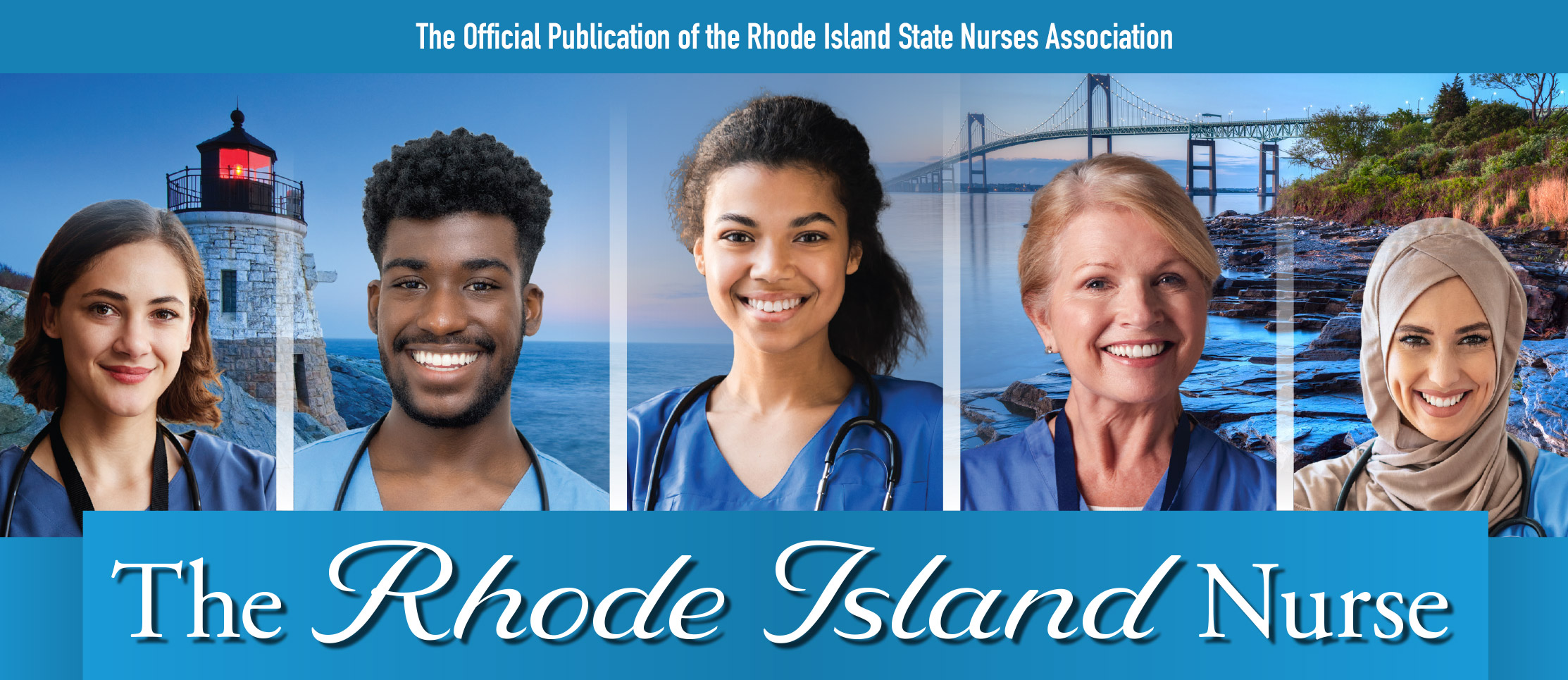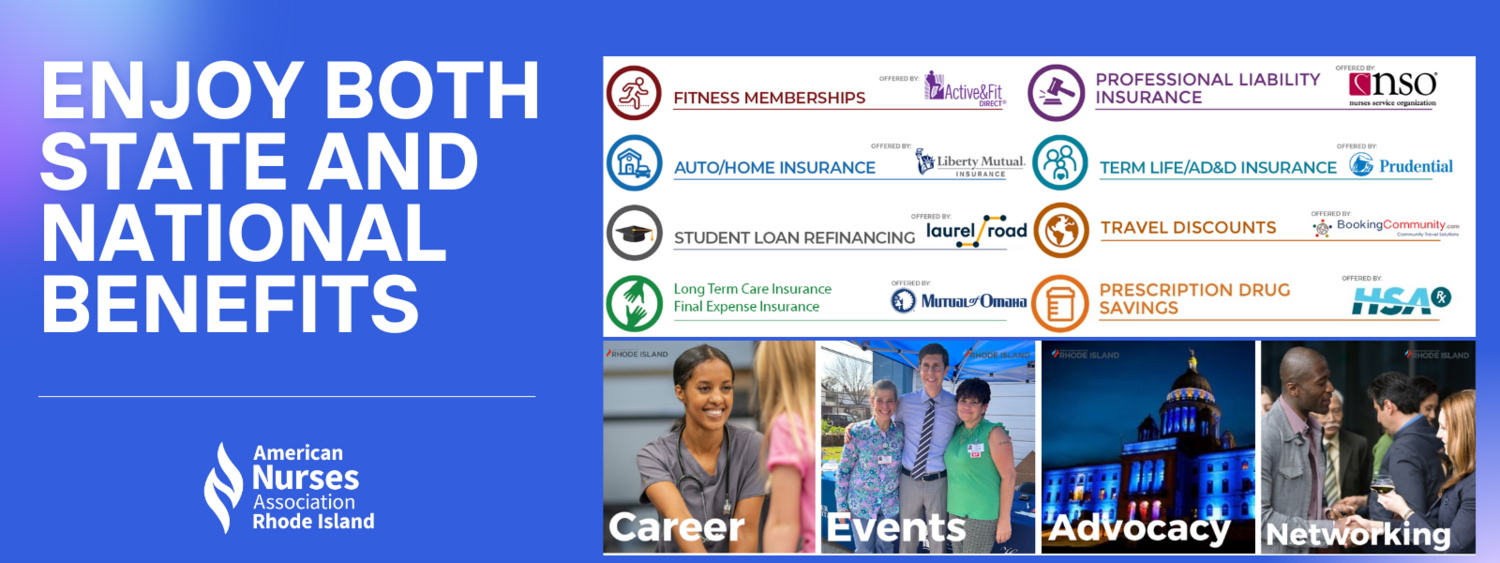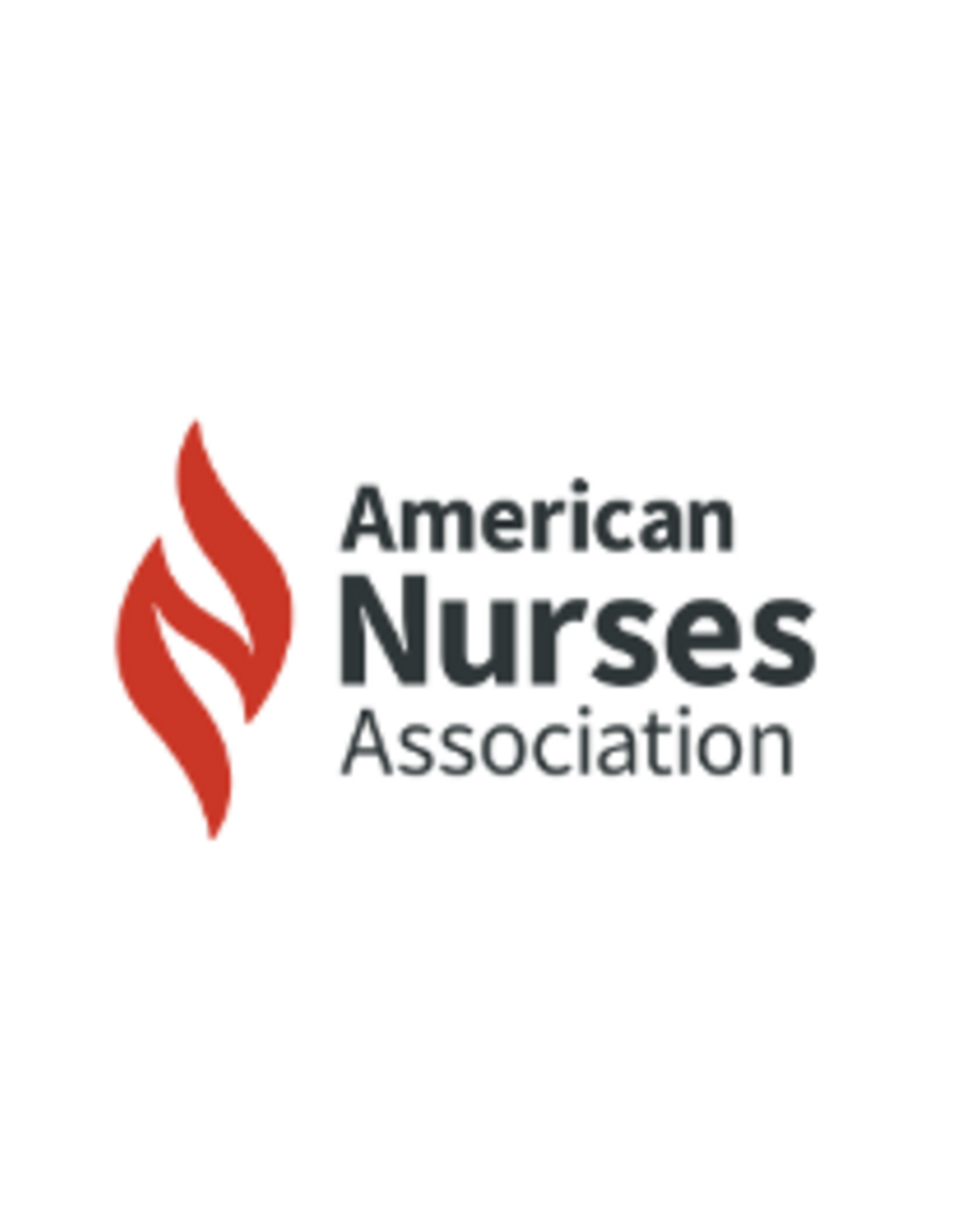Thomas Sargent shares his journey through stress and exhaustion to recovery
Growing up, Thomas Sargent, DNP, APRN, PMHNP-BC, regularly participated in sports and physical activity. Soccer, tennis, and other sports played important roles in his childhood. "Staying active in sports was a fun part of my life," he recalled. "I never considered how physical fitness might impact other aspects of my health until much later."
Now a parent, husband, and full-time psychiatric nurse practitioner, Sargent sees the connection between physical health and mental well-being---for himself and his patients.
"Nursing requires enormous mental and emotional energy and strength," he said. "We're humans just like the patients we care for, and we need to do the same physical and mental 'work' we guide them to do."
Sargent, a Texas Nurses Association member, began his nursing career in a fast-paced emergency department. Providing life-saving care is very rewarding, but it can come at a cost.
"ER nurses see many traumatic events and situations," he said. "But the job requires us to compartmentalize our feelings and stay in 'go mode.' We often don't get a chance to process our trauma, because we need to remain focused on our patients." It wasn't until he moved into mental healthcare that he realized how much his internalized stress affected all aspects of his life.
Stress takes a toll
When he began his role as a nurse practitioner for an addiction psychiatry clinic, Sargent discovered a different kind of work stress. His patients faced serious challenges in their day-to-day lives, from housing and food insecurity to lack of social support. Although he could help them with referrals to social workers, there were certain areas he couldn't do anything about, which felt bleak.
"I started to experience severe fatigue," he recalls. "I didn't want to talk to people. I wasn't as engaged with my wife and children, and I grew distant from my friends."
Sargent knew he was experiencing signs of burnout. "At first, I tried to fake it, but I knew that wasn't the answer," he said. He reflected on ways he could improve his energy levels and mental health, and one key item jumped out at him: physical activity.
"I had stopped exercising because I didn't feel like I had the time or energy," he said. For Sargent, this renewed focus on fitness was a turning point in his wellness journey.
A multi-pronged approach
Sargent chose first to bicycle his way back to fitness. He had bought his wife an exercise bike during the COVID-19 pandemic and ended up really enjoying it. He added running to the mix and plans to incorporate tennis into his regimen. "I've always loved tennis, and I hope to share that love with my daughter by teaching her the game," he said.
The fitness began to pay off, and Sargent felt more energy and less stress. Next, he began journaling. "I wrote down three blessings per day and ended up with 1,098 blessings by the end of the year." He feels so much better after prioritizing those two things. He points out that perfection isn't the goal. "Some days, just showing up is good enough," he said.
The last step for Sargent was making a career change. After reflection, he is transitioning to a full-time faculty position at a university, helping to develop future nurse leaders. "It's OK to get 'unstuck' and make a change that nourishes the spirit," he said.
"Many people think wellness is a luxury. It's not," Sargent observed. "We can achieve wellness with small actions that add up to the larger goal. If we're not caring for ourselves, we can't properly care for others."
Thomas Sargent is a psychiatric nurse practitioner. He also is an alumnus of the Minority Fellowship Program at the American Nurses Association. Adapted with permission from Healthy Nurse, Healthy Nation. Try one of our monthly wellness challenges at hnhn.org.

